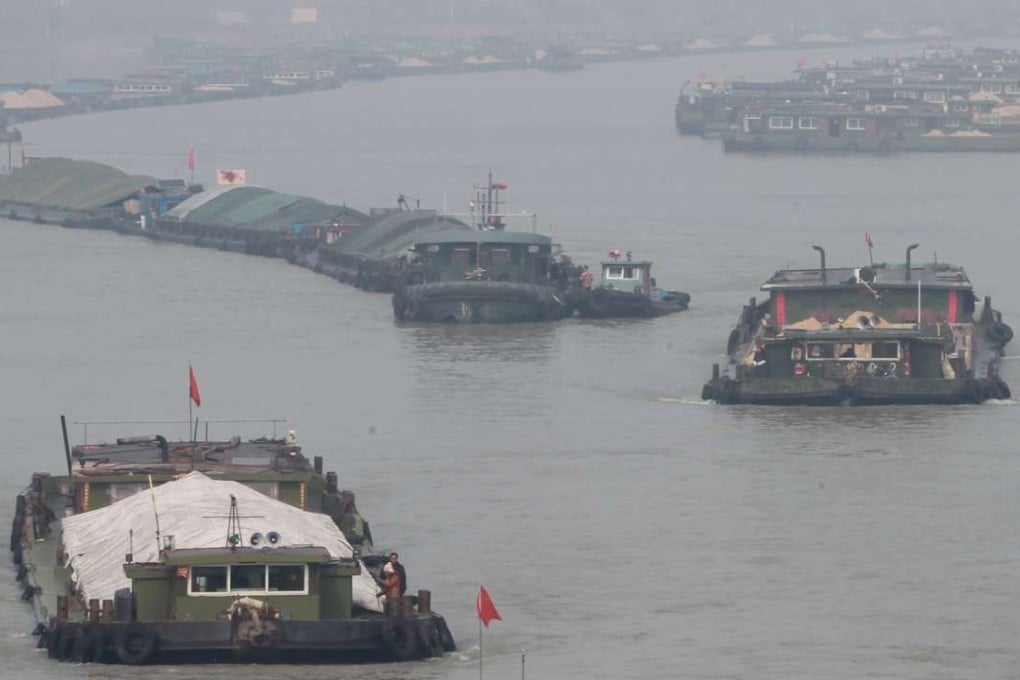Dumping of untreated acid in Chinese canal highlights nation’s water pollution woes
Chemical plant fined 20 million yuan for environmental damage ‘beyond measure’

A Jiangsu chemical plant has been fined 20 million yuan (US$2.88 million) for dumping almost 2,700 tonnes of liquid acid waste into the Grand Canal, causing environmental damage “beyond measure”, according to a local court verdict that was published recently.
The verdict provides a rare detailed look at how waters in China have become some of the most polluted and poisoned in the world in recent decades. A report by Nature Conservancy published in April 2016 concluded that about three-quarters of the water sources tapped by China’s 30 biggest cities experience major pollution, threatening the health of tens of millions of people.
According to the criminal verdict handed down by the Jiangsu Yangzhou Intermediate People’s Court, a dyeing plant in Nanjing owned by German firm DyStar had always dealt with its liquid acid waste in line with legal regulations while under German management, with treatment of the waste costing about 3,000 yuan per tonne.
In 2010, Kiri Holdings Singapore and its joint venture partner the Shanghai-listed Longsheng Group acquired DyStar along with its subsidiaries, and management of the Nanjing plant was taken over by Longsheng.

The group, which has been grabbing market share with its low-cost products and services, considered the method of neutralising the acid used by the German management too expensive and tried to find a cheap way to dump the waste.
Wang Jun, an executive in the plant, outsourced the business the same year to a merchant named Wang Zhanrong, who promised he would handle the acid for 580 yuan per tonne. The deal was greased with a gift of a deposit card with 40,000 yuan balance from the contractor to the executive.